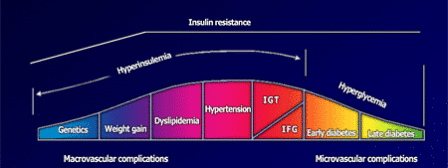Why was this study done?
A previous study of 20+ year users of multi-supplements (multi vitamin, fish oil, calcium, vitamin D and more, from Shaklee Corp.) can have a big positive impact on health. This study looked into blood sugar control of people from that original study who now have used multiple supplements for 30+ years, and also evaluated a group who used multiple Shaklee supplements for just 3-5 years.
What did the study find?
The earlier Shaklee study showed a low prevalence (~2.9%) of self-reported diabetes among long-term multiple supplement users (average age, 63 yrs), compared with population norms found in a major government study (NHANES). A decade later, researchers investigated self-reported diabetes diagnosis, diabetes medication use, and HbA1c levels (a measurement of long-term blood sugar control) in those long-term users and a group of 3-5 year multiple supplement users, compared to people in the same government database using no supplements, a multivitamin, a single purpose supplement, or multiple supplements sourced from a wide variety of manufacturers.
As expected, the prevalence of diabetes (based on self-report, diabetes medication use, or elevated HbA1c) was found to increase with age. After adjusting for age, sex, income, education, and BMI, the study showed that by about age 70, the prevalence of diabetes among non-supplement users, multivitamin users, and single purpose supplement users was about 3-fold higher compared to the long-term users of multiple Shaklee supplements. At the same age, the prevalence of diabetes was about two-fold higher for the users of multiple supplements from other companies, compared with the Shaklee group. Ongoing analyses will seek to further understand these observations.
Prevalence of Elevated HbA1c among Multiple Dietary Supplement Users.
Authors: Jacques PF, Rogers G, Park S, Lau FC, McManus J, Daggy BP. Presented @ American Diabetes Association San Diego, CA 2017
PDF Manuscript: American Diabetes Association, 2017.

